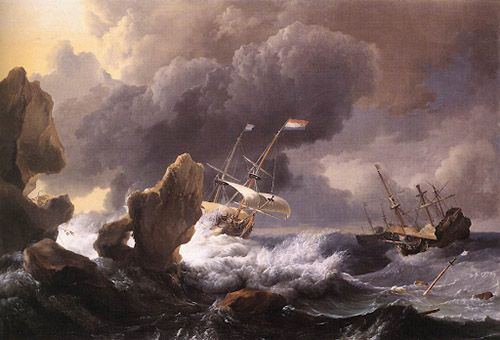
Producing the Anthropocene, Producing the Future/Water Futures
Editor’s note: Today we have the final installment of our “Anthropocene Melbourne Campus” series, featuring two related posts by Lauren Rickards and Ruth Morgan. Producing the Anthropocene, Producing the Future Lauren Rickards, RMIT University Images of the future are increasingly cast on the widescreen of the Anthropocene: the planetary-scale shift from the comfy Holocene to an unknown and threatening new ‘operating space’ for the Earth. How humanity inadvertently shifted the whole planet so radically and in such a self-damaging manner is now the subject of intense debate. Different narratives of blame locate relative responsibility with various sectors, activities and groups. Common candidates include farming, colonial plantations, industrialization and urbanisation, and the post-war acceleration in consumption and pollution. From a material perspective, there is a strong geological rationale for naming each as a major source of planetary-scale environmental and social impacts and “terraforming.” Indeed, this is how these various proposed starting dates for the Anthropocene have been identified: through the pursuit of widespread and sharp enough changes in the geological record to count as what geologists call a “Golden Spike”, the prerequisite for declaring a new epoch. Yet this search for the physical origins of the Anthropocene in the historical record needs to extend far past physical signals and their proximate causes to the visions, goals and assumptions underlying the activities involved, including what Ian Hacking would call styles of reasoning. Reading the Anthropocene in this light reveals many limitations within the outlooks, ideas and values that informed the activities mentioned above, including an often willful ignorance of the immediate impacts on people, nonhumans and the abiotic environment, as well as the “unknown unknown” of the long-term, accumulative changes being wrought. (read more...)
